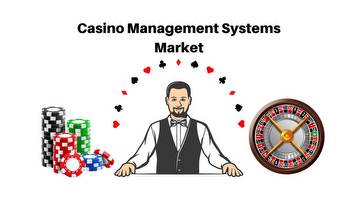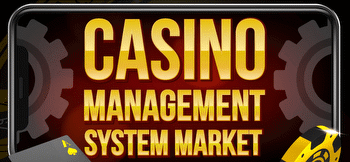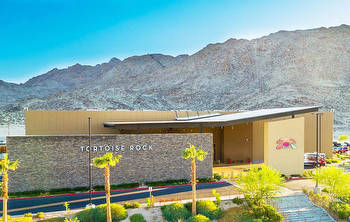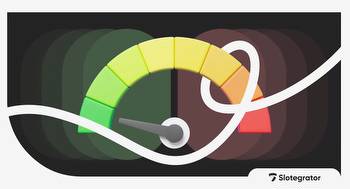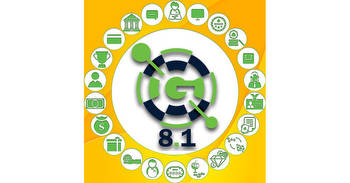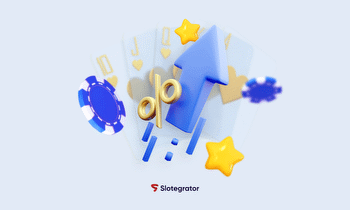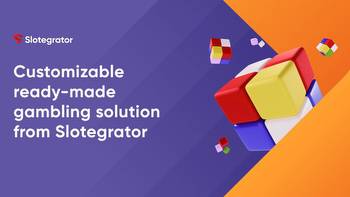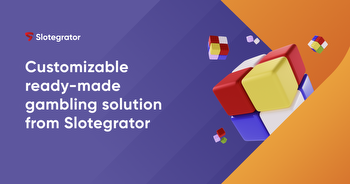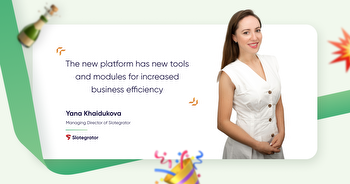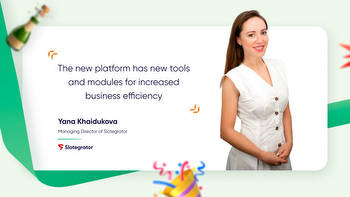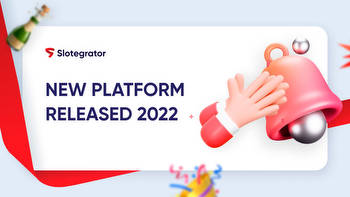How Does Casino Management Software Work?

The casino and gambling industry is a diverse landscape that is constantly changing and evolving to accommodate millions of international players. Casinos operating within this sphere face incredible challenges in ensuring the best gaming experience.
At the core of ensuring players can enjoy this form of entertainment, casinos must ensure smooth operations, fair play, and an ability to adapt to the market as it evolves. And doing all this is as hard for a casino as it sounds.
However, like with every other industry, there are constantly new technological developments that seek to aid in helping a casino manage everything. Casino Management Software (CMS) has been used for years to assist casinos in their day-to-day and long-term operations.
Although it runs virtually all casinos, many people aren’t aware of CMS because it operates in the background—unseen yet vital to your ability to gamble. If you’re curious, we’ve outlined how CMS works and its importance in helping the modern-day casino thrive below.
What Is Casino Management Software?
Explained simply, CMS is the core program that operates all casino functions. It is responsible for managing all casino systems, including but not limited to finances, accounts, games, security, player information, and even (in some cases) the retail operations of a casino resort.
As such, these systems are highly developed, and although ‘out-of-the-box’ solutions are available, many casinos require extensive development of these systems to ensure they operate in a way that caters to each casino’s particular needs.
For this reason, both physical and online casinos spend much money to ensure their CMS is ideally suited to their needs and is stable. The failure of a CMS would likely force a casino to cease all operations until it is restored. It’s that crucial.
Because every casino uses some aspects of this technology, there are standard features—often referred to as modules—that every CMS offers. Let’s delve into what these are and how they operate.
Finances
Most casinos handle incredible sums of money. This cash flow comprises not just the income received from players but also the payout of winnings, expense of operations, and outlay for cutting-edge innovations and games.
Knowing how much money a casino is making and spending (or losing) is vital to the management and sustainability of an entity. As such, a financial module is included in every casino management software.
This module is responsible for live tracking all financial transactions occurring in the casino and generating reports that display this information. Using this, casino management software can determine the casino’s profits, losses, and areas in which it is exceeding its budget.
For larger casinos that offer more than just gambling, the software is programmed to include the financial turnover of additional amenities. These could include eateries, day spas, or any other type of paid entertainment. Doing this brings all the finances together and makes reporting and tracking easier.
Security
Almost as important as the financials of a casino is its security. CMS is often used as the home base for additional security systems, which feed information to the central system to identify security risks or possible breaches in current systems.
In addition to receiving this information from sub-systems, casino management software is usually the primary encryption provider for all casino data. The system actively ensures all data is securely encrypted, catalogued, and stored where it belongs on the casino’s servers.
Players
Keeping track of players entering a casino or accessing their online casino accounts is vital for casino statistics, security, and information. As such, all CMS features the ability to manage and analyze player accounts.
The software facilitates the registration of new players and allows casinos to manage existing players and monitor who is playing what and when. The ability to do this aids casinos in determining how many players they have and even to identify players who may need help with addiction based on their play habits that the software has logged.
Back-Office Processes
Players often do not consider the almost never-ending administrative tasks involved in operating a casino. There are many moving parts, from logging support calls with suppliers to managing employee payroll and ordering new games, stock, and consumables.
Not having a central system to manage all these administrative functions would require an immense workforce and an incredible number of hours to complete everything on schedule.
To simplify and expedite this process, CMS manages many tasks and allows all functions to be executed on a single central platform. This reduces the number of workers required and ensures that the processes are completed efficiently.
CMS that includes these processes by default attract the most casinos. Some providers in the industry, like Playtech, a major slot game provider for the online gambling market, have even launched their own CMS packages to ensure that these functions are easily accessible.
Game Management
Another crucial part of CMS is the integration of game management. Game management refers to tracking all gaming sessions, ensuring that all games are communicating with the central server, and monitoring the wins and losses of all games and who is currently playing them.
The ability to do this is essential for casinos that offer thousands of slots, multiple tables, and a variety of other gaming offers. It feeds information to the player account and finance modules and ensures the security and fairness of all games.
What’s more, monitoring and managing all games using a central system makes it easier to provide game features like progressive jackpots. This enables casinos to offer games such as the famous Mega Moolah and others with incredible jackpots.
Conclusion
While the above are some of the most common examples of what casino management software does, these systems can be expanded almost indefinitely to cater to a wide variety of additional features. Meanwhile, the addition of AI (artificial intelligence) to these systems in recent years has led to further developments tailored to each casino’s requirements.
While these features are added depending on each casino’s needs, for players, the benefits of these systems are invaluable and create a casino experience that is secure, enjoyable, and (hopefully) profitable.








